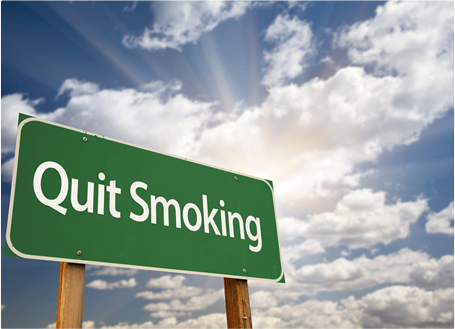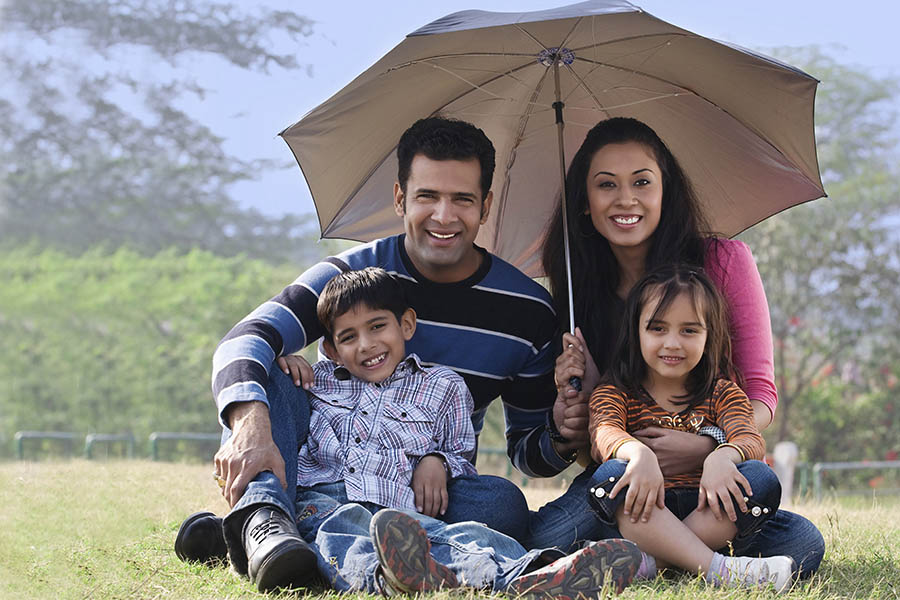The 8 Warning Signs and Symptoms of Cancer are:
These signs do not always mean cancer but if they persist, consult your doctor immediately.
The existing body of knowledge about the causes of cancer and about interventions to prevent and manage cancer is extensive. Cancer Control is understood as public health actions which are aimed at translating this knowledge into practice. It includes the systematic and equitable implementation of evidence-based strategies for cancer prevention, early detection of cancer and management of patients with cancer. These are some measures you can take to minimise the risk of cancer:

All types of tobacco can lead to cancer. Rejecting tobacco, or deciding to stop using it, is one of the most important health decisions you can make. It’s also an important part of cancer prevention. Avoiding tobacco in any form significantly reduces your risk of several cancers. Even if you don’t smoke, reduce your exposure to secondhand smoke. Many people around the world die of lung cancer caused by secondhand smoke.

Though making healthy selections at the supermarket and at all meals can’t guarantee you won’t get cancer, it may help reduce your risk. About 30 percent of cancers are related to issues of nutrition, including obesity.

Maintaining a healthy weight and exercising regularly also plays an important role in cancer prevention. Physical activity can help you avoid obesity by controlling your weight. Physical activity on its own may also lower your risk of other types of cancer, including breast cancer and colon cancer. Try to be physically active as often as you can. Your exercise sessions can include brisk walking, walking the dog or even playing with the children in the park.

Skin cancer is one of the most common kinds of cancer and one of the most preventable. Although repeated exposure to X-rays or contact with certain chemicals can play a role, sun exposure is by far the most common cause of skin cancer. Most skin cancer occurs on exposed parts of your body, including your face, hands, forearms and ears. Nearly all skin cancer is treatable if you detect it early, but it’s better to prevent it in the first place.

Certain cancers are associated with viral infections that can be prevented with immunisations. Talk to your doctor about immunisation against: Hepatitis B Hepatitis B can increase your risk of developing liver cancer. Vaccination is recommended for all babies. Certain high-risk adults also may need to be vaccinated. Human papillomavirus (HPV) HPV is a sexually transmitted virus that can lead to cervical cancer. Talk to your doctor about whether you would benefit from immunisations to reduce your risk of cancer.

Regular screening and self-examination for certain cancers may not prevent cancer, but it can increase your chances of discovering cancer early — when treatment is more likely to be successful. Screening should include your skin, mouth, colon and rectum. If you’re a man, it should also include your prostate and testes. If you’re a woman, add cervix and breast cancer screening to your list. Be aware of changes in your body — this may help you detect cancer early, increasing your chances of successful treatment. If you notice any changes, see your doctor immediately.
Disclaimer Notice: The information provided on this website is not intended or implied to be a substitute for professional medical advice, diagnosis or treatment. All content, including text, graphics, images and information, contained on or available through this website is for general information purposes only. Parkway Cancer Centre makes no representation and assumes no responsibility if the information, contained on or available through this website, is taken without our specialists’ consult.
By clicking ‘Subscribe’, I consent to Parkway Cancer Centre, its employees, representatives, agents and/or business partners, collecting, using and disclosing my personal data for the following purposes and understand that I may opt out of the subscription at any time:
Events updates and invitations
E – newsletter
Other marketing and promotional purposes
*Please read our Privacy Policy for information on how we manage your personal data.
By clicking ‘Subscribe’, I consent to Parkway Cancer Centre, its employees, representatives, agents and/or business partners, collecting, using and disclosing my personal data for the following purposes and understand that I may opt out of the subscription at any time:
Events updates and invitations
E – newsletter
Other marketing and promotional purposes
*Please read our Privacy Policy for information on how we manage your personal data.